It has been said, by Ben Franklin, I think, that the only things in life that are certain are death and taxes. I’ve taken the liberty of adding a third item to the traditional twosome, the annual physical exam. A call from my doctor’s office reminding me that another year has gone by is now among the inevitable. And at this stage of life it would be foolish to ignore the request to make an appointment. Especially since I’m fiercely dedicated to postponing Certainty #1 for as long as possible.
I typically schedule my yearly exam to coincide with my birthday month. There’s something poetic about combining the two occasions – the angst of being a year older and the anxiety about the state of my health.
Although I do regard the annual exam as necessary, it is definitely not something to which I look forward. I’m not sure why. It isn’t painful. And certainly not as bad as a dental appointment. Yet I would rather be home ironing my husband’s pajamas. And I really dislike ironing my husband’s pajamas. But that’s a story for another day.
Having just undergone this yearly ritual, I am still able to recall the gestalt of the experience. I realize this is time limited. So I decided to seize the moment, and through careful analysis, try to determine why this process isn’t more favorably anticipated.
I’ve dissected the elements, and think I’ve gotten to the core of the issue. My results are described below.
The Waiting Room
Nowhere is this term more aptly applied than when you show up, on time, for a doctor’s appointment. Doctors keep you waiting. It’s what they do. It’s so universal that I’m convinced there has to be a course in medical school called “The Anatomy and Physiology of Overbooking,” or “my time is more valuable than yours.” Accepting this as a fact of life, I have chosen my doctors not on the strength of their education, experience, or the fact that my neighbor, Mr. Cohen, swears that this is the best doctor, but on the quality of their reading material. Whichever office has the best magazines wins the privilege of copying my insurance card.
(At least, this was my modus operandi until I signed on with my latest internist, who actually sees her patients at the agreed upon hour. Therefore, I show up a half an hour early in order to read the latest copy of Architectural Digest.)
Weights and Measures
The nurse, usually the first person to escort you into the inner sanctum, instructs me to remove my shoes so she may ascertain this year’s bad news regarding my height and weight. By now, I know from experience that these numbers no longer move in the desired direction. Is it any wonder that I dread the results? The outcome is rarely what I would like it to be. My defense is facing forward on the scale and informing the nurse that if she doesn’t want to explain to the doctor why I’ve fled the exam room, she should keep the numbers to herself.
The Robe
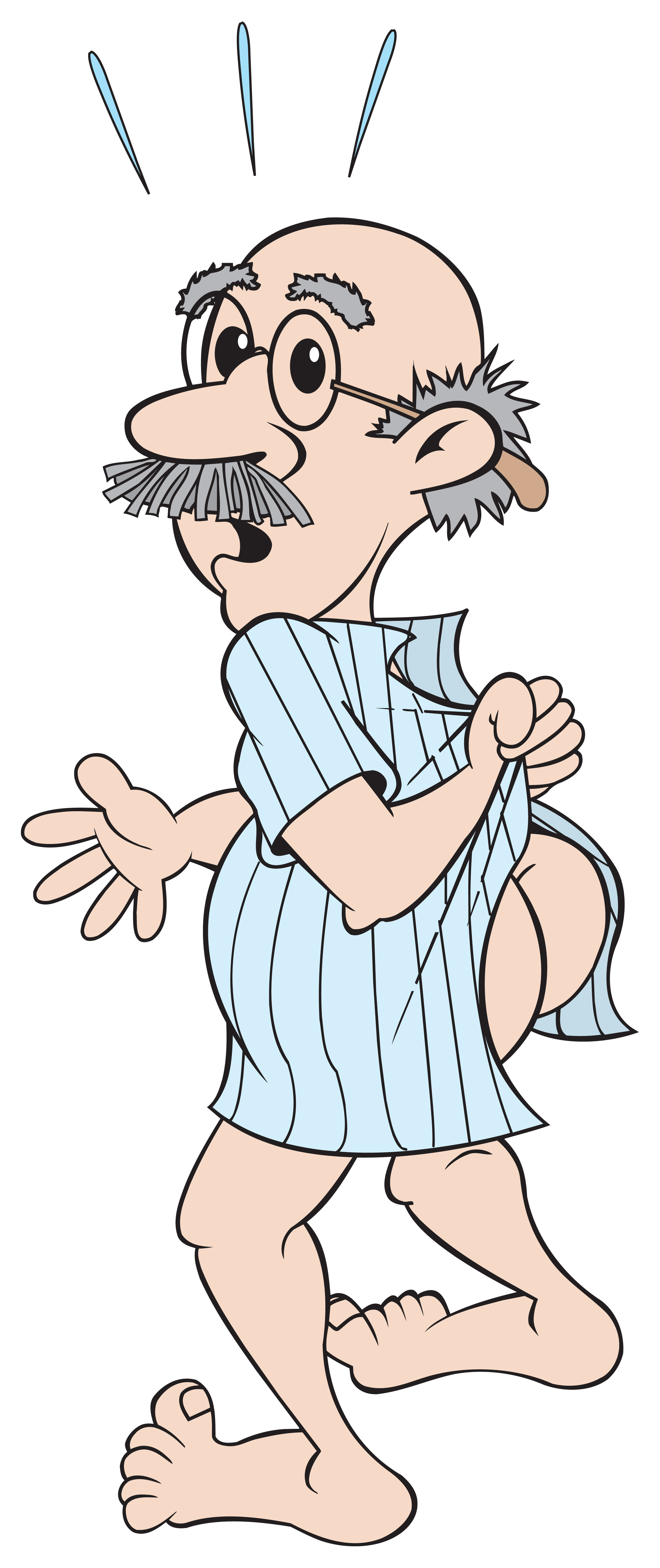 I ask you, is there anything more humiliating than a hospital gown? You can hardly keep it together with those two little strings, particularly when you are told to put the opening in the back. Do this, and you have completely relinquished control. And as embarrassing as the cloth gown is, it’s like a burka compared to paper gowns. Paper gowns are shorter, impossible to close, and crinkle when you move. They bring new meaning to the term “gap in medical coverage.”
I ask you, is there anything more humiliating than a hospital gown? You can hardly keep it together with those two little strings, particularly when you are told to put the opening in the back. Do this, and you have completely relinquished control. And as embarrassing as the cloth gown is, it’s like a burka compared to paper gowns. Paper gowns are shorter, impossible to close, and crinkle when you move. They bring new meaning to the term “gap in medical coverage.”
Therefore, in addition to reading matter, I recommend inquiring about the gown material before selecting a physician. This caveat may not apply to opthalmologists and podiatrists.
Taking Blood Pressure
This simple procedure should be more or less straightforward. But there is something that puzzles me. Why does the nurse ask if I have a preference between left or right arm on which to tighten the cuff? Is it possible that one side of my body is more hypertensive than the other? I strongly suspect that this is a trick question, and there will be dire consequences if I give the incorrect response.
The Urine Sample
You’d think that after all these years, I would have mastered the art of peeing in a cup. I wonder, is there a woman out there who can gauge the precise location of the urine stream, so filling that little plastic vessel does not result in a wet hand? If so, I’d greatly appreciate learning the technique. Please send me illustrated instructions some time before next February.
Exit The Nurse
The preliminaries are over, and the nurse has done her part. She gathers her equipment, and prepares to leave the room. Her parting words? “The doctor will be in to see you in a minute.” I wonder, does she derive some perverse pleasure from saying this? Does she leave the room cackling to herself? You know that this is going to be the longest “minute” of your life as you sit there in the chilly exam room, wearing only your hospital gown that is opened at the back, wishing you were anywhere else but here, and wait.
(Again, the exception is my current internist, who actually entered the exam room within 53 seconds. I timed her.)
The doctor finally raps on the door and comes in, smiling and sincerely apologizes for making you wait. Your anger is helpless against so much niceness.
He (or she) proceeds to check your body parts and then instructs you to get dressed and meet him in his office. He sits behind his big desk and delivers his spiel about the state of your health. The news is good and you’re relieved. The inconvenience was worth it.
Same time, next year. That’s certain.
(Incidentally, if you want the name of my doctor, you know, the one who sees you on time, has good taste in magazine subscriptions, and does not use paper gowns, you can forget about it. I like things exactly as they are. And how do I know you’re not one of those people who will get there first and tear out the picture of the must-have handbag from the latest issue of Vogue?)

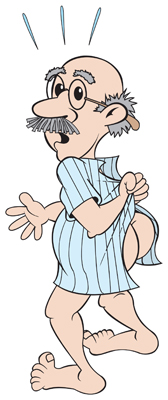

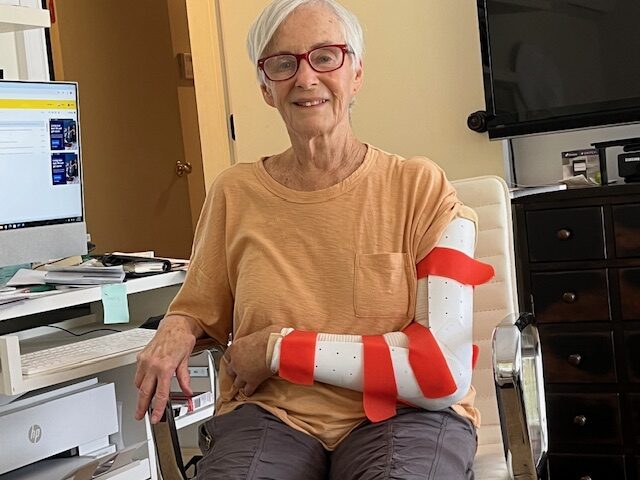

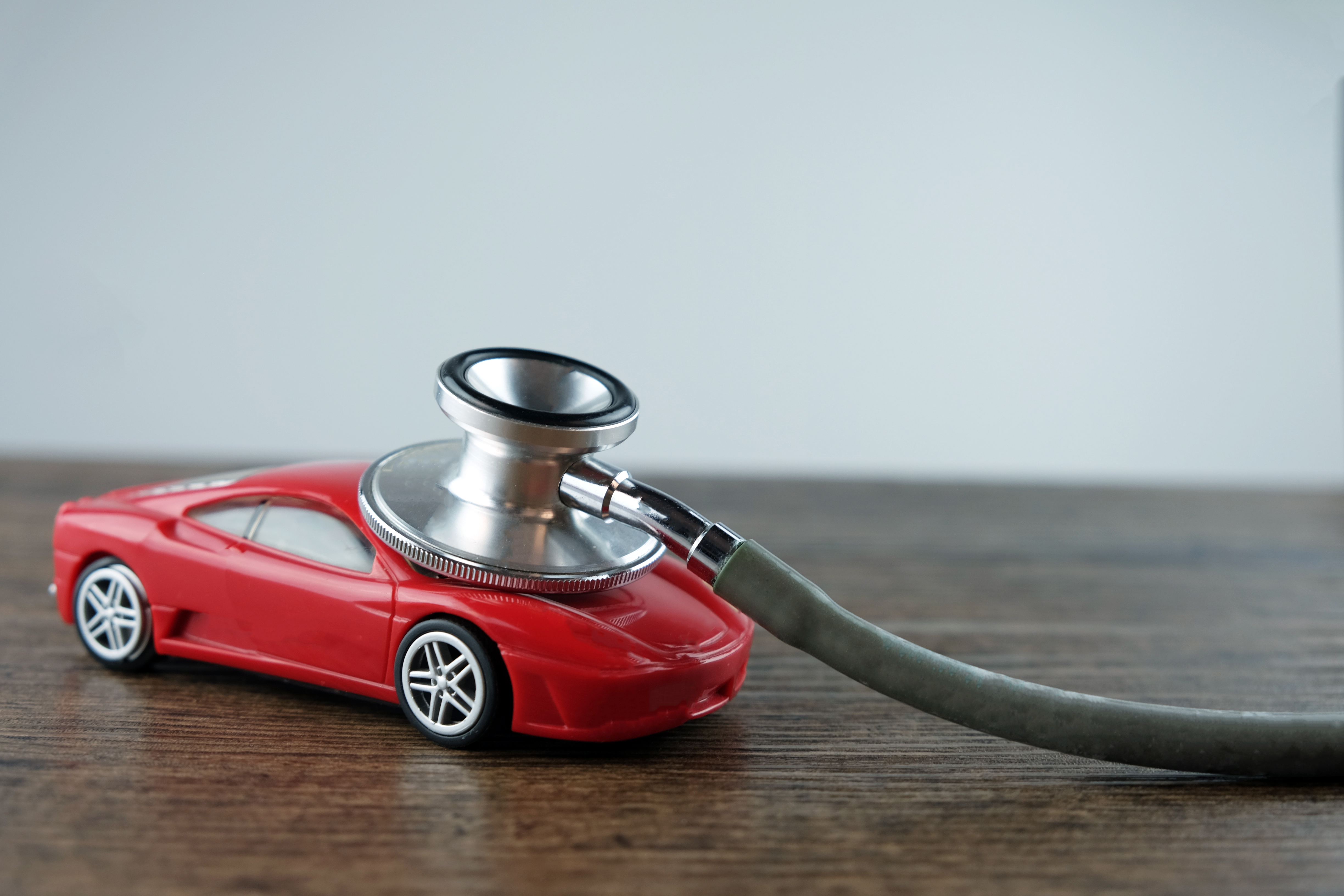
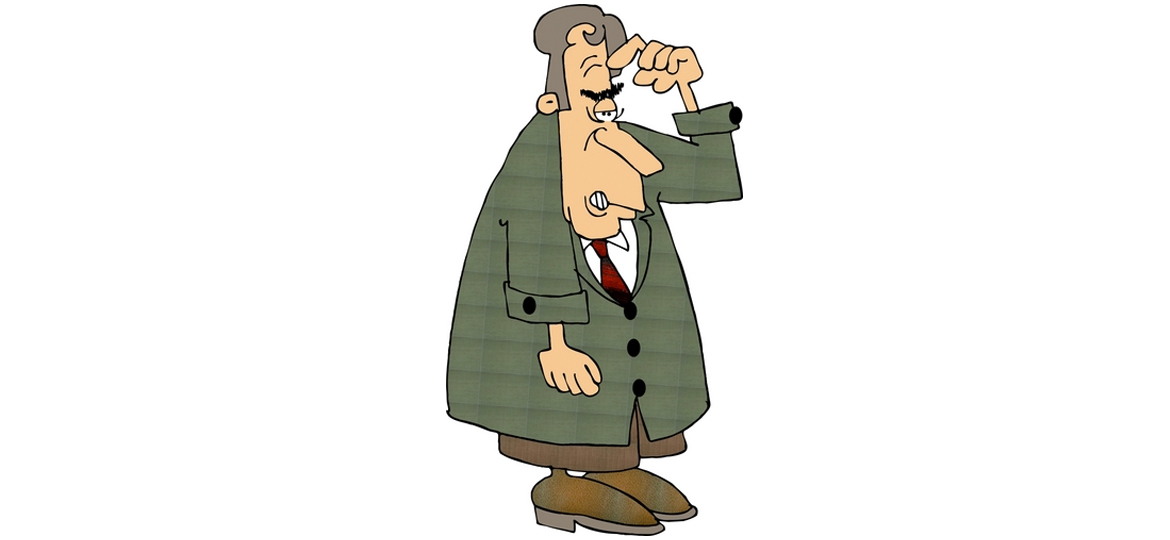


You were great today! Your latest blog, again, hit home! Very funny and oh so true. Looking forward to seeing you next Sst. XO Jane
Sent from my iPad
>
Your comments and your presence are so appreciated!